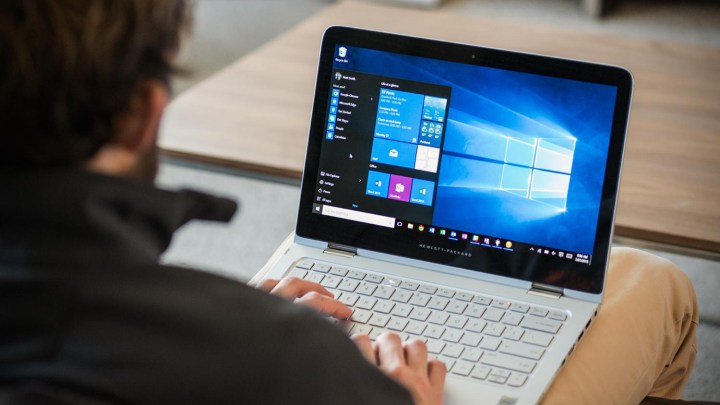
Market analyst firm IDC’s latest report forecasts a decline of 7.3 percent in worldwide PC shipments year over year in 2016, with further, but slower declines expected in 2017.
According to the analysts, there are several reasons for this decline. The obvious reasons include high financial costs and the growth of mobile. However, the number of people availing themselves of Microsoft’s free upgrade to Windows 10 rather than buying a whole new laptop or PC is a contributing factor as well.
“The financial pressure on consumers across regions, and the availability of alternatives such as delaying a PC replacement by using a free Windows 10 upgrade or relying more on other devices, continues to pressure consumer PC shipments,” said the firm.
“Similarly, while a large share of enterprises are evaluating Windows 10, the pace of new PC purchases has not yet stabilized commercial PC shipments.”
Loren Loverde, IDC’s vice president of tracker forecasting and PC research, said the PC market has experienced an “unprecedented” slump, with four consecutive quarters of double-digit volume declines. The only signs of improvement at this stage are a projected slowdown in the rate of decline rather than any kind of increase.
Microsoft currently boasts 300 million devices running on Windows 10, with many making the jump from Windows 7 and 8, which was free to all users. The deadline for making this upgrade at no cost is July 29.
After that, you will need to pay up to $119 for the newest operating system, although it’s still very possible that Microsoft could extend the deadline to keep the momentum going so it can reach its ultimate goal of 1 billion machines running Windows 10 by next year.


